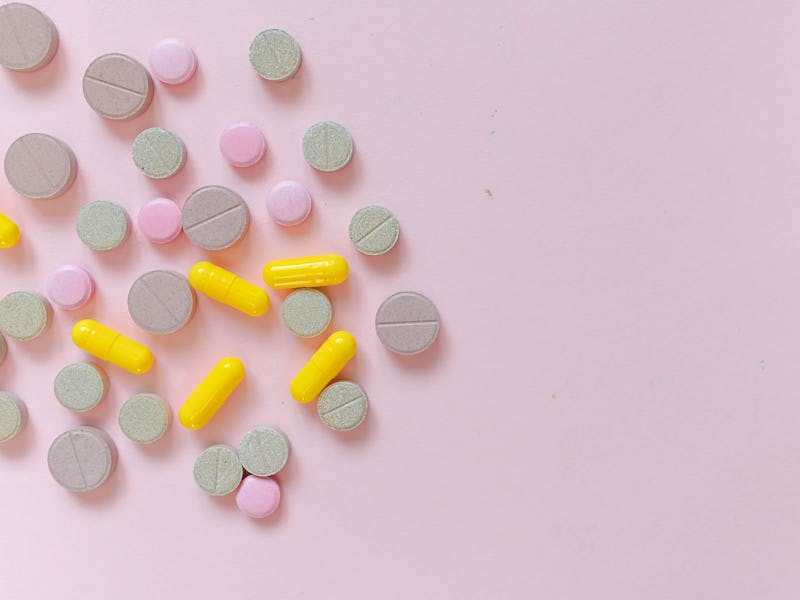Brain-boosting supplements may be laced with unapproved foreign drugs — study
These supplements may not be a smart choice.

On paper, nootropics, so-called “smart drugs,” sound great. They have the potential to improve your memory, sharpen your focus, give you mental clarity, and more.
And they may well be great — but they are totally unregulated. These drugs technically fall within the realm of dietary supplements, so they slip past the United States' Food & Drug Administration's rigorous testing to prove their efficacy or safety.
But whether they work or not may be the least of your troubles. In a study published in September, researchers discovered some of these dietary supplements contain large doses of pharmaceutical drugs that aren’t approved for use in the U.S.
INVERSE IS COUNTING DOWN THE 20 MOST WTF SCIENCE STORIES OF 2020. THIS IS NUMBER 9. SEE THE FULL LIST HERE.
"If you wanted to shop for some of these supplements with these unapproved drugs on the label, they would be tremendously easy to find," Pieter Cohen, the study's first author and a general internist at Cambridge Health Alliance in Boston, told Inverse at the time.
Cohen is known as somewhat of a supplement watchdog; he has a track record of uncovering dodgy ingredients in supposed health supplements being sold on the market.
"We can't be assured that products that are being sold to improve memory, sharpness, wit, you name it, are free of foreign drugs,” he said.
In the study, Cohen and his team tested the ingredients in ten supplements which claimed to boost brain power. They discovered prescription drugs from countries including Russia, China, and Germany. For example, picamilon was found in some of the supplements — a drug used to treat neurological conditions in Russia — despite not being included in the list of ingredients.
In total, the team found five drugs not approved by the Food and Drug Administration hidden in the supplements. In 75 percent of the tested products, they found there were inaccurate quantities of these ingredients listed. In some of the supplements, the researchers found other unapproved drugs which were not listed on the product labels at all.
This cocktail of unapproved drugs could prove potentially dangerous, if not lethal, owing to their interactions with other medications or risk of overdosing.
Cohen’s advice? Avoid these supplements completely, at least right now.
“The FDA is not doing its job enforcing the law," he said.
INVERSE IS COUNTING DOWN THE 20 STORIES WHICH REDEFINE WHAT IT MEANS TO BE 'HUMAN' FROM 2020. THIS IS NUMBER 9. READ THE ORIGINAL STORY HERE.
This article was originally published on